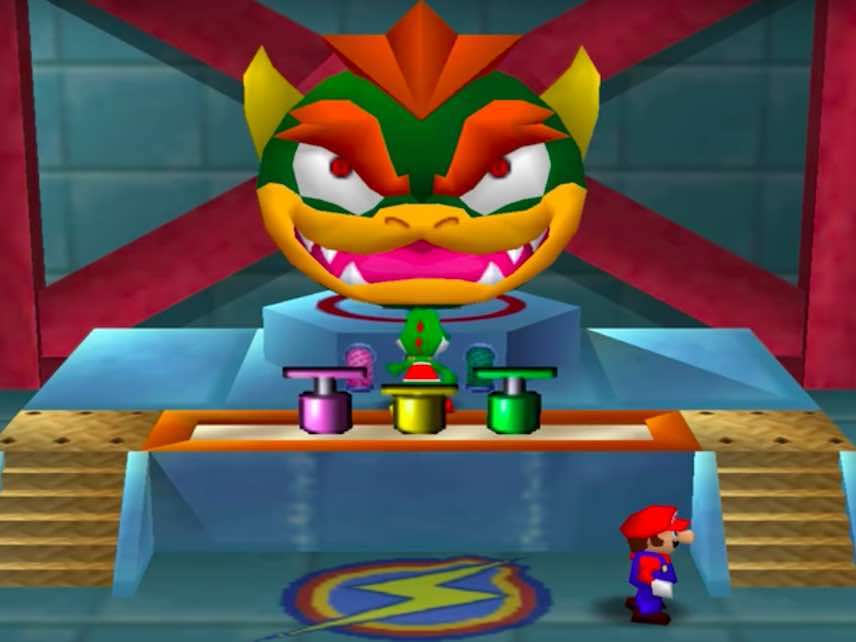Liberal Professor: Video Games Promote 'Toxic Meritocracy'; Wouldn't It Be Great If They Had More Pure Luck?
Mario Party is not a great game.

At a time when President Donald Trump, the National Rifle Association, and others on the right are blaming video games for promoting violence—with nary a shred of credible evidence—a new book has leveled a completely different criticism at the gaming industry: "toxic meritocracy."
According to Christopher Paul, chair of the Department of Communication at Seattle University and author of The Toxic Meritocracy of Video Games: Why Gaming Culture is the Worst, video games promote individuality, reward skill, and encourage players to do their best in order to win. These are supposedly bad things.
"Games are based on leveling up and getting stronger," Paul tells Campus Reform. "We expect the most skilled, hardest working player to win. The typical narrative in a game is a rags to riches story where the player propels the character into a key role and perhaps even attains god-like status."
"All those things shape our expectations and focus players on individuals, rather than the collective," he added. "As actualized meritocracies, video games quickly become really toxic spaces where players are focused on individual glory, rather than creating positive spaces for interaction."
Not all is bad, Paul notes, pointing out that games like Mario Kart and Mario Party are more cooperative and based on "luck, contingency, and serendipity," elements that he hopes game developers will prioritize more in the future.
"Moving away from merit allows communities to be developed on different terms, giving an opportunity to build something else, something new, something that has features other than the endemic toxicity that comes with meritocratic systems," Paul contends.
Speaking as someone who played a whole lot of Mario Kart and Mario Party growing up (and in college…and as an adult…), I will say that the luck-based elements are sometimes a lot of fun, but they're also infuriating. In the Mario Party games in particular—where the "luck" aspect can be overwhelming and game-breaking—my play-group often came away thinking, "Well, that was a terrible game." The mini-game comes to mind where Bowser appears, forces you to pick a random color, and then relieves you of your hard-won coins and stars if you choose wrong.
If that's your thing, more power to you. Play all the Mario Party you want. But I don't think it's "toxic" for more serious gamers to prefer games with clearly defined rules and a skill-based system that rewards good gameplay. Gamer culture has its problems, but promoting meritocracy isn't one of them.
At least Paul doesn't want to regulate away the aspects of gaming he doesn't like. The person who wants to do that is the president of the United States.


Show Comments (88)